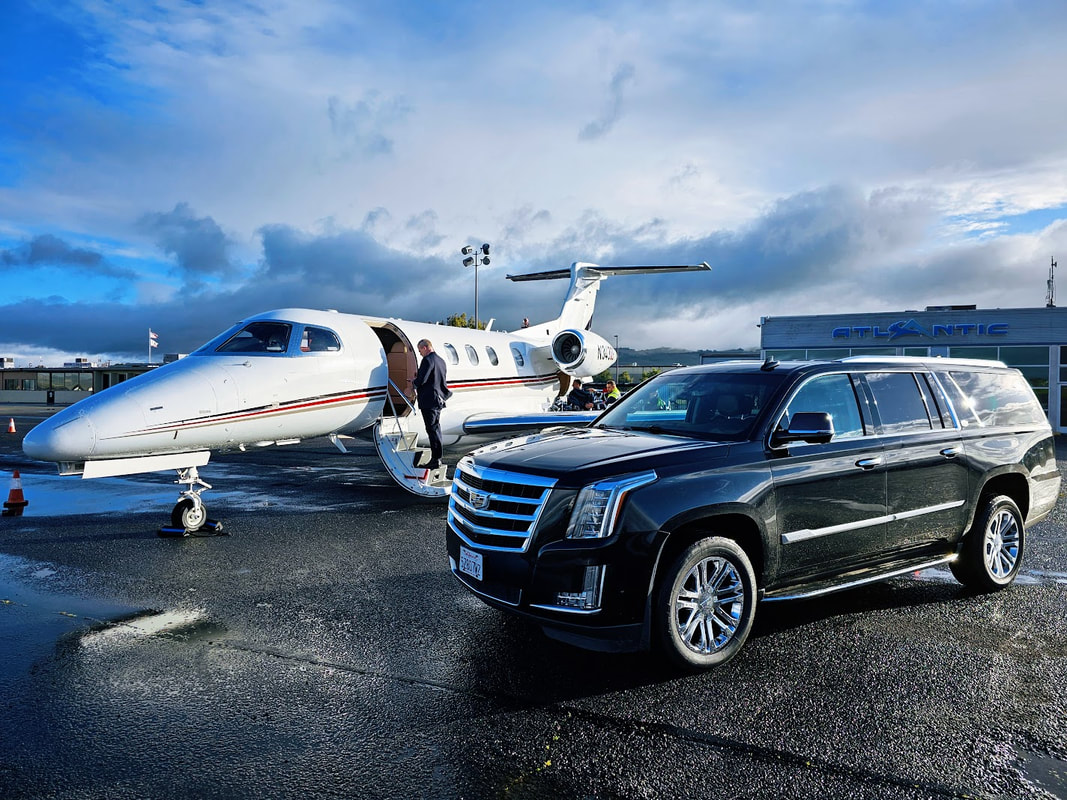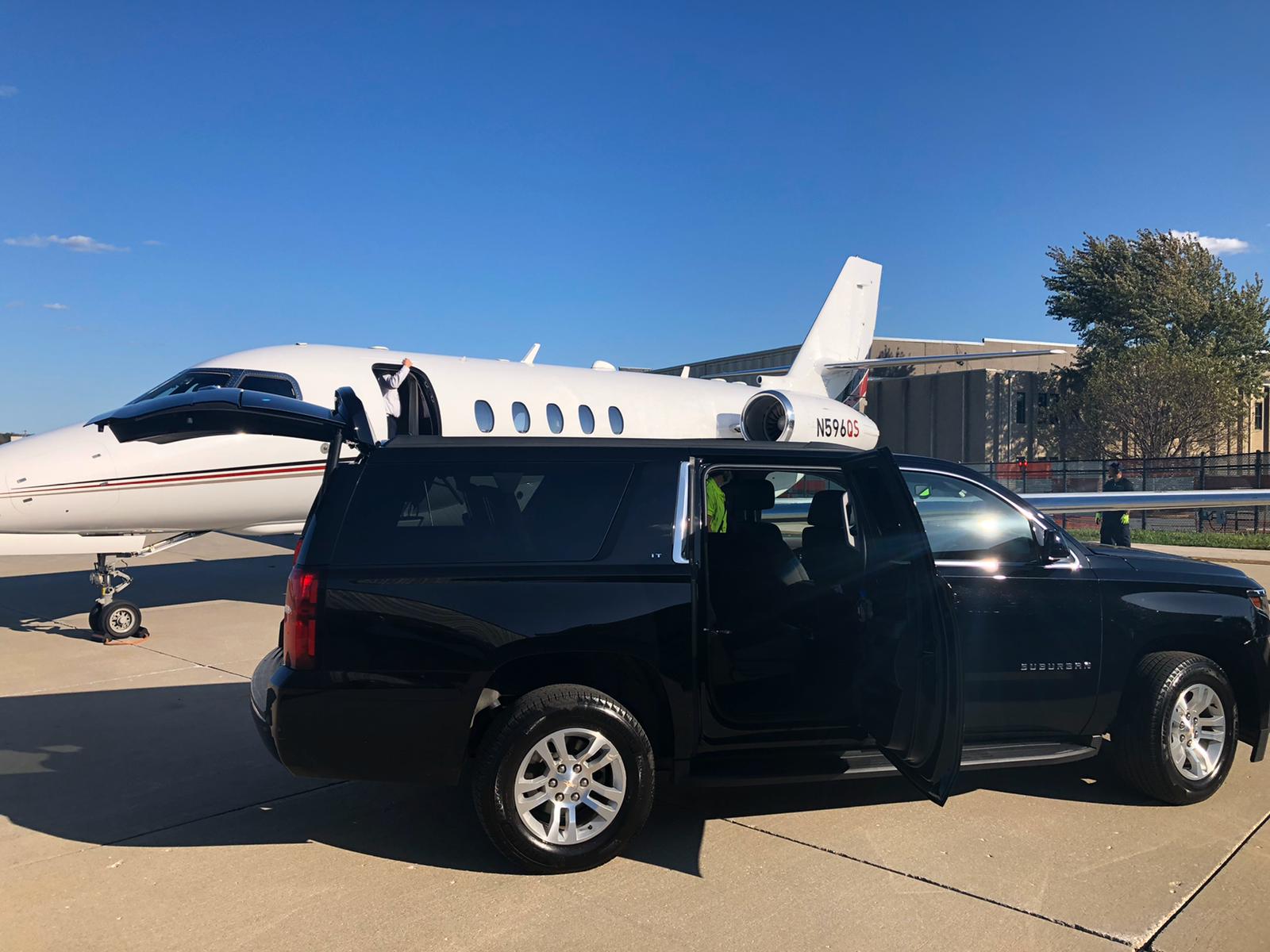Introduction
Turboprop aircraft, characterized by their turbine engines driving propellers, have turn out to be an increasingly fashionable choice for charter providers. They offer a unique mix of effectivity, versatility, and price-effectiveness, making them appropriate for quite a lot of missions, from quick-haul flights to accessing distant airfields. This report delves into the dynamics of turboprop charter services, exploring their operational benefits, market tendencies, and the elements influencing their development in the aviation industry.
Overview of Turboprop Aircraft
Turboprop aircraft are powered by turbine engines that provide the mandatory thrust via a propeller. This design permits for higher gasoline efficiency in comparison with pure jet engines, especially at lower altitudes and speeds. Common turboprop models include the Bombardier Q400, ATR 72, and Beechcraft King Air collection. These aircraft are typically used for regional flights and are able to taking off and landing on shorter runways, making them best for accessing smaller airports.

Advantages of Turboprop Charter Providers
- Value-Effectiveness: one way private jets charter of the primary advantages of turboprop charters is their decrease working prices. Should you loved this article and you want to receive more information regarding affordable private air charter jet charter company; https://Soundskills.de/, please visit our site. Turboprop engines eat less gasoline than jet engines, significantly on shorter flights, which interprets into lower ticket costs for passengers and diminished operational expenses for charter companies.
- Entry to Remote Areas: Turboprop aircraft can function from shorter runways, enabling entry to regional and rural airports which will not accommodate bigger jets. This is especially helpful for business travelers and vacationers searching for to reach less accessible destinations.
- Brief Turnaround Occasions: Turboprops usually have shorter turnaround occasions compared to jets. This effectivity is essential for charter operations, where time is usually of the essence. Fast boarding and disembarkation processes enable for extra flights per day.
- Versatility: Turboprop aircraft can be configured for numerous missions, including passenger transport, cargo, and medical evacuation. This adaptability makes them a gorgeous possibility for charter operators trying to diversify their companies.
- Environmental Affect: With rising concerns over climate change and the aviation industry's carbon footprint, turboprop aircraft are increasingly seen as a extra environmentally friendly possibility. Their gasoline efficiency leads to decrease emissions, appealing to eco-conscious travelers and companies.
Operational Issues
Turboprop charter operations require cautious administration to ensure safety and effectivity. Key operational issues embody:
- Pilot Coaching and Certification: Pilots operating turboprop aircraft should possess the suitable certifications and coaching. Understanding the unique handling characteristics of turboprops is crucial for safe operation, particularly in challenging weather conditions.
- Maintenance and Security Rules: Regular maintenance and adherence to safety laws are important for turboprop operations. Charter corporations must adjust to aviation authority standards to make sure the security and reliability of their fleet.
- Route Planning: Efficient route planning is important for maximizing the advantages of turboprop charters. Operators should consider elements corresponding to flight distance, fuel availability, and air traffic control restrictions when designing flight paths.
Market Traits
The turboprop charter market has experienced vital development in recent times, driven by several trends:

- Elevated Demand for Regional Journey: As businesses broaden globally, the necessity for efficient regional journey has risen. Turboprop charters present a practical answer for corporations needing to transport workers to remote locations rapidly.
- Rise of On-Demand Services: The expansion of the on-demand financial system has influenced the aviation sector, with extra travelers looking for versatile travel options. Turboprop charters cater to this demand by providing customized flight schedules and routes.
- Technological Developments: Improvements in aircraft technology have enhanced the efficiency and effectivity of turboprop aircraft. Newer fashions boast improved gas efficiency, decreased noise ranges, and advanced avionics, making them more appealing to charter operators.
- Sustainability Initiatives: The aviation trade is under strain to cut back its environmental impression. Turboprop aircraft, with their decrease emissions, are increasingly being promoted as a sustainable various for brief-haul flights.
- Submit-Pandemic Recovery: The COVID-19 pandemic significantly impacted the aviation industry, however as travel restrictions ease, there's a resurgence in demand for charter companies. Turboprop charters, with their capability to function in less congested environments, are effectively-positioned to capitalize on this restoration.
Challenges Facing Turboprop Charter Companies
Regardless of the benefits, turboprop charter providers face several challenges:
- Competition from international private jet charter companies Charters: Whereas turboprops provide quite a few benefits, they face stiff competition from jet charters, particularly for longer routes where jets can provide faster travel occasions. Operators must differentiate their services to draw customers.
- Market Volatility: The aviation trade is inclined to economic fluctuations and external factors, resembling gasoline prices and geopolitical events. Charter operators must stay agile and adapt to changing market conditions.
- Regulatory Compliance: The aviation sector is closely regulated, and charter operators should navigate advanced compliance necessities. Staying up to date with regulatory adjustments is crucial for maintaining operational licenses and making certain security.
Conclusion
Turboprop charter providers present a compelling option for travelers in search of environment friendly, cost-effective, and flexible air travel options. With their skill to access remote places and decrease operational costs, turboprops are effectively-suited to meet the demands of both business and leisure travelers. As the market continues to evolve, pushed by technological advancements and altering consumer preferences, turboprop charters are likely to play an more and more vital position within the aviation panorama. Operators who can effectively leverage the benefits of turboprop aircraft while addressing the challenges of the market will likely be well-positioned for success in the coming years.








